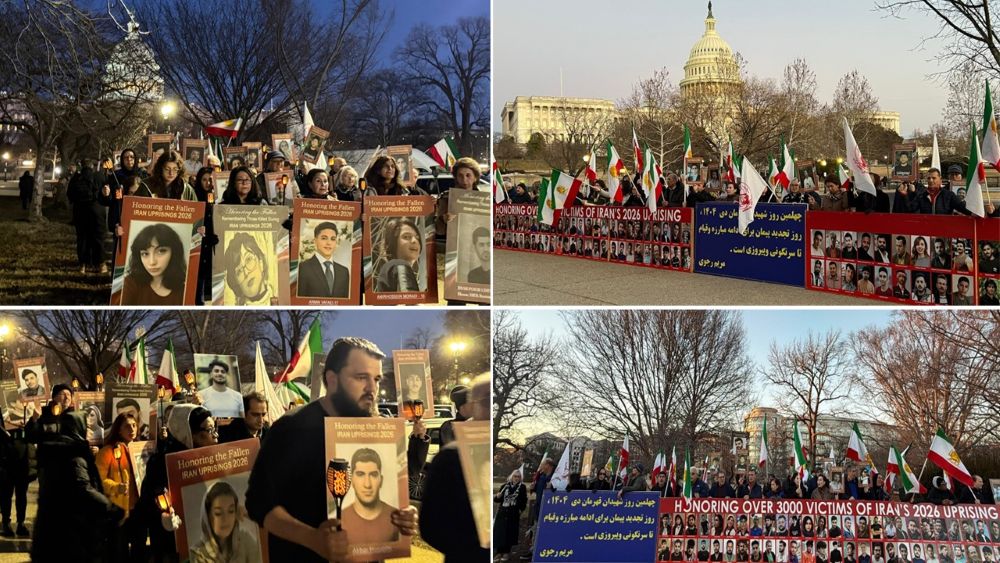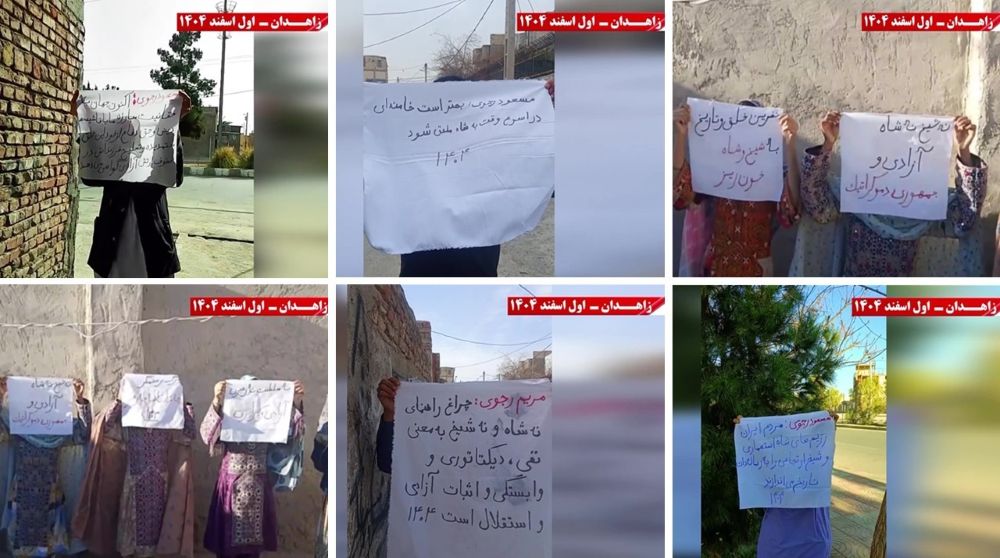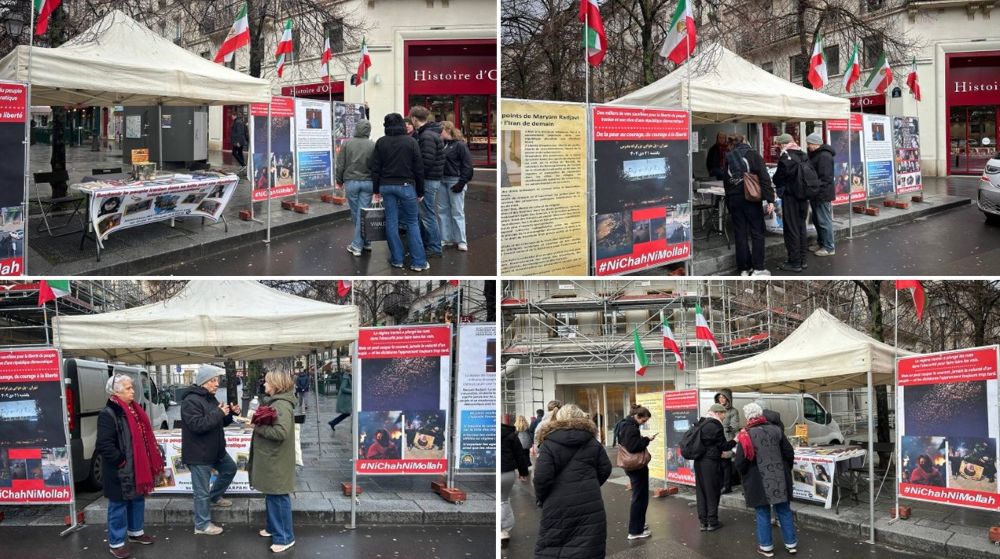Maryam Rajavi, the President of the National Council of Resistance of Iran (NCRI), welcomed the United Nations’ adoption of the 67th resolution condemning human rights violations in Iran. But stressed that those responsible for the atrocities listed in the resolution are the same ones who have been committing crimes against humanity in Iran for over four decades now, including:
- The massacre of 30,000 political prisoners in 1988, which has been the subject of enforced silence for 30 years
- The violent suppression of an uprising in November 2019, which left 1,500 dead, 4,000 wounded, and 12,000 arrested
She explained that because the regime doesn’t pay attention to the UN General Assembly’s resolutions – this is the 67th one after all – the regime’s human rights dossier must now be referred to the UN Security Council so that the regime’s leaders, including Supreme Leader Ali Khamenei, President Hassan Rouhani, and Judiciary Chief Ebrahim Raisi, can be held accountable.
Rajavi said that even though the resolution contains just a fraction of the mullahs’ crimes, it makes it obvious that the regime is the world leader in human rights violations. She said that its denial of the Iranian people’s fundamental rights mean that the regime is not compatible with this century and must be banished by the international community.
While welcoming the adoption of the 67th UN resolution condemning #HumanRights violations in #Iran, I reiterate that the clerical regime’s leaders must face justice for 4 decades of crimes against humanity, and their immunity must end. #NoImpunity4Mullahshttps://t.co/rJ8mQGfNnI pic.twitter.com/sTDUbr0L0Z
— Maryam Rajavi (@Maryam_Rajavi) December 16, 2020
The resolution, adopted with 82 votes in favor, expressed concern over:
- The “alarmingly high frequency” of death sentences and executions, especially against people tortured into making confessions, non-violent offenders, and children
- The use of “torture and other ill-treatment or unjust, inhuman and humiliating punishments”, including sexual assaults, floggings, and amputations
- The use of torture to force confessions
- The failure to abide by the minimum standard laws for the treatment of prisoners
- the “widespread and systematic” use of arbitrary arrests and imprisonment
- The numerous suspicious deaths in custody
- “Harassment, intimidation and persecution” of political opponents, dissidents, and human rights defenders
- The high number of enforced disappearances
- The increased amount of extrajudicial executions
- The suppression of the Iranian people’s rights to freedom of expression, including through restrictions on Internet access, and freedom of association and peaceful assembly
- The legal discrimination against women and girls, which strips them of their rights
It further urged the Iranian regime to release all the protesters arrested during the November 2019 and January 2020 protests calling for regime change.



